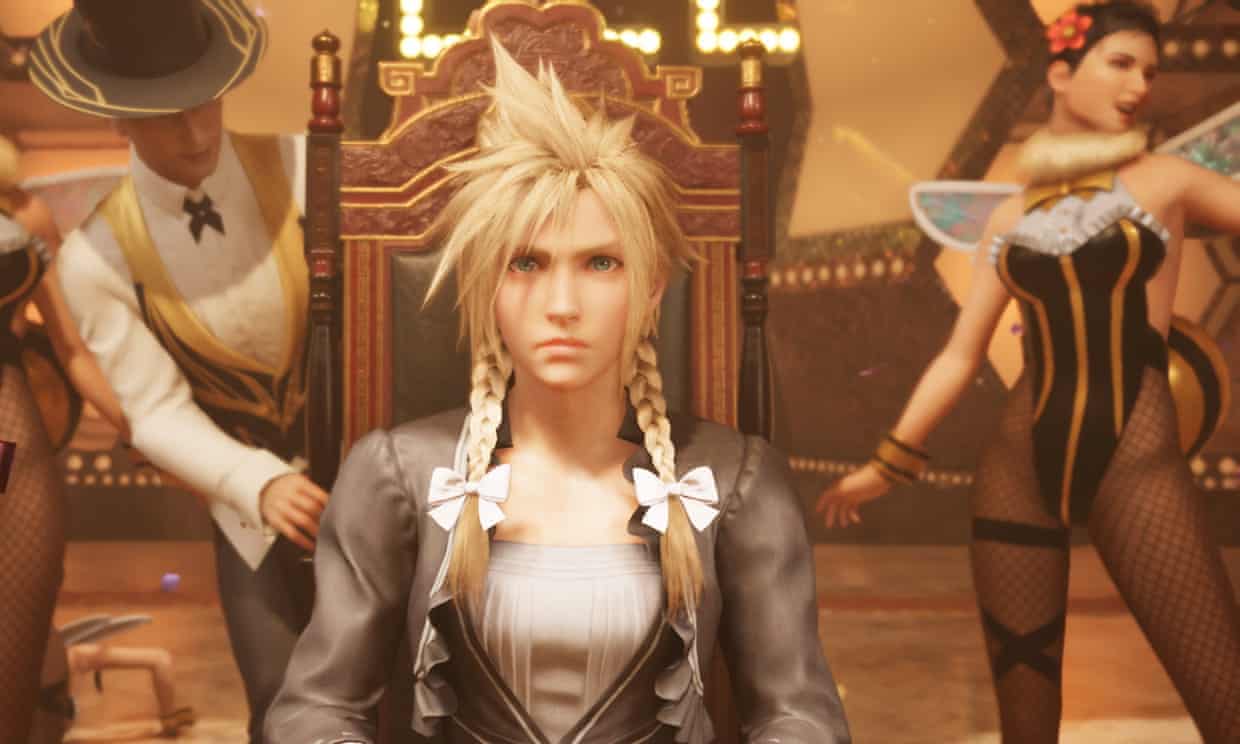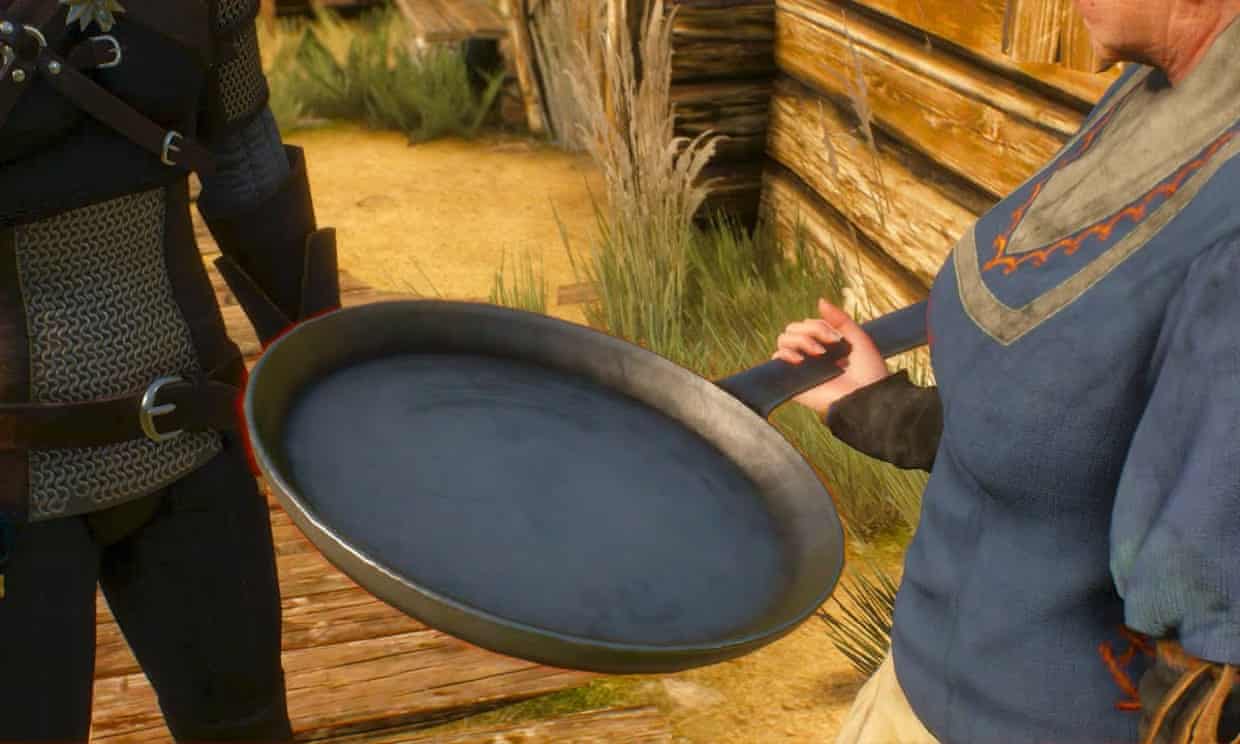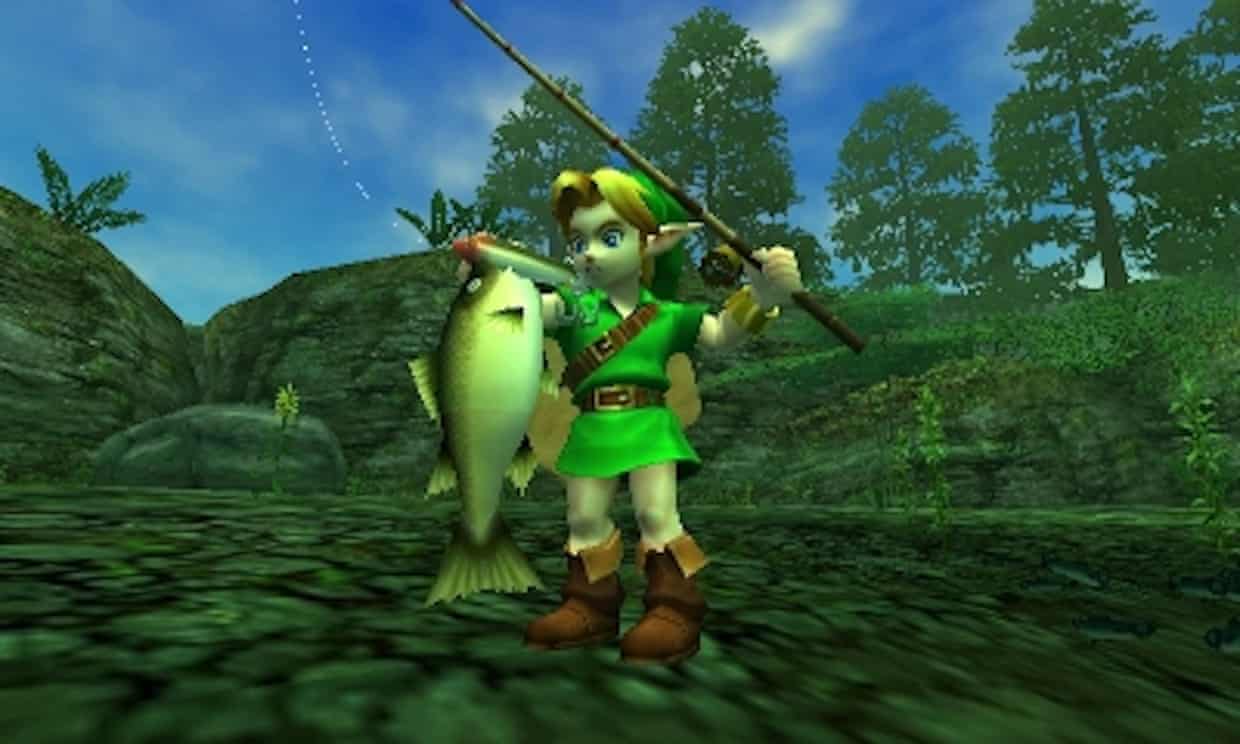
Lockdown culture
In video game stories, it's often side quests that are most meaningful
In the shadow of plot devices like destiny and impending doom, moments of kindness give journeys emotional power
by Sarah Maria GriffinIt is a narrative standard in role-playing adventure games: the hero is pitted against a Big Evil, who has a strategic or chaotic hunger to destroy the world we know. From Shinra’s greedy harvesting of the planet’s resources in Final Fantasy VII Remake to Ganondorf’s quest for power and destruction across more than 30 years of Legend of Zelda games, the stakes are always astronomically high.
But what really makes these fictional realms worth saving? Role-playing games need to offer more than a sequence of linked events toward a monumental finale. A world is made of people, not just objectives.
This is where side quests come in: the tiny stories that make the emotional texture of a journey richer and fuller. Whether we’re talking role-playing epics such as Final Fantasy and The Witcher, or indie adventures such as Night in the Woods and Iconoclasts, it is off the beaten path that the stories gain their power.
Across a lifetime of playing video games, I think most often of these side quests: lost animals, medicine in need of delivering before the ingredients expire, underwear retrieved from a bedroom where it shouldn’t be, baby rats that must be fed every day, hiding a cursed fiance and his panicked bride in the nights before their wedding. All of these tiny stories are alleyways off the main drag of the quest, but ones I happily get lost down. I prefer a Cloud Strife who will stop to help a child in a slum find her lost cats to the one who would power through undeterred to his climactic battle. I prefer a Geralt who will gamely search for an old woman’s favourite frying pan or a Fallout 4 Sole Survivor who’ll assist a bunch of sailor robots as they launch their rusty ship for one last voyage.

This is the kind of hero I would be, I think. I hope. I am interested in ways that we can play games and save worlds without violence, ways in which gameplay utilises curiosity, helpfulness and generosity as power in the place of a gun or a sword. Side quests are not just portals to smaller adventures, they are demonstrations of kindness.
In Paper Mario: the Thousand-Year Door, a starkly underrated RPG, we are invited to spend time keeping the ageing mayor of a village of Koopas company, or assembling a cake for a psychic who lives beneath the central town of Rogueport. These simple, transactional quests elevate the adventure, giving the world and its oddball creatures an independent life. And there is no rush: the princess will still be waiting in another castle when we are done.
The transgressive indie adventure Undertale turns the stuff of side quests into the main thrust of the game: talking to the monsters lets you pass them by safely. Rather than electing the simple input of violence, the game asks you to consider conversation and engagement instead, mercy as the ultimate display of heroism. In this way, every encounter becomes a tiny story of its own: a healing operation, a brief journey taken.
The first real side quest that impacted me profoundly when I was growing up was a classic within a classic. The Legend of Zelda: Ocarina of Time, on the Nintendo 64, Kakariko Village. Upon arriving at the game’s first town, we are asked in simple terms by a stressed-out girl called Anju to help her find her chickens. She can’t go and get them herself because she can’t touch them - they’ll make her sick. So off you go. Though we have the burden of an entire kingdom on our young shoulders, a heavy sword, and an even heavier quest, we help her. We trek up behind the windmill, clamber over fences, thrash open boxes, and for a few minutes, we are just a child, running after chickens. In return, she gives us an empty glass bottle and sends us on our way.

The bottle, though not a weapon, becomes one of the most useful items in the entire game. Later, we use it to hold ingredients for medicine to help another citizen of Hyrule. It can hold potions, and milk, to heal us, too. The chickens weren’t even that hard to find.
In the shadow of huge plot devices like destiny and impending doom, it is important that adventure games give us the chance to yield to tiny, human interactions. We must be given space to heal the citizens of the world, as well as the world itself – to find beloved pets, gather ingredients, solve disputes. To put down your sword, and offer your hand instead.
• Sarah Maria Griffin is an author from Dublin, Ireland. Her most recent novel is Other Words for Smoke. She tweets @griffski.